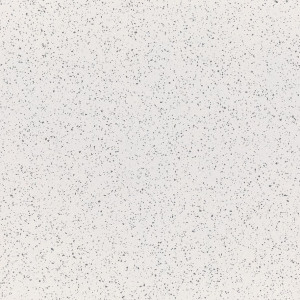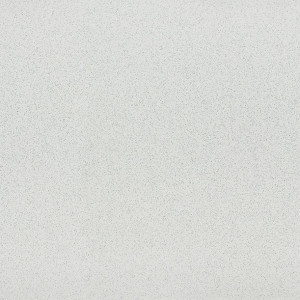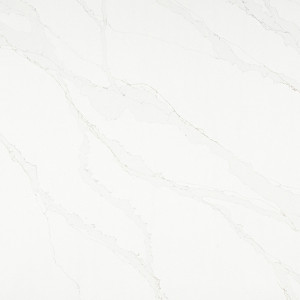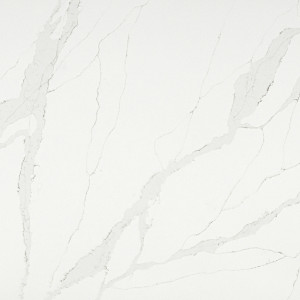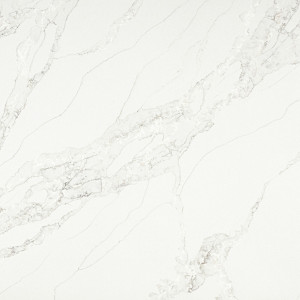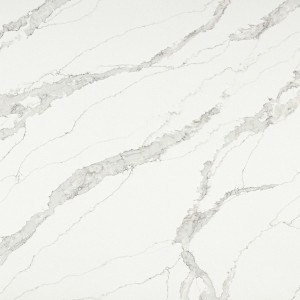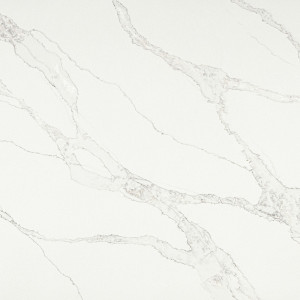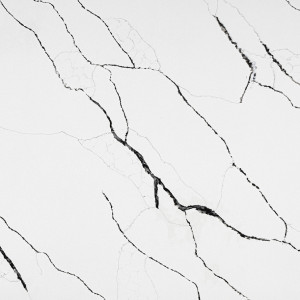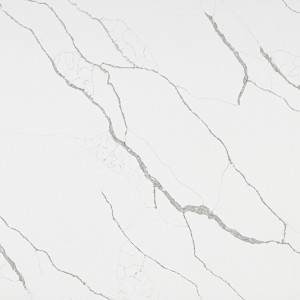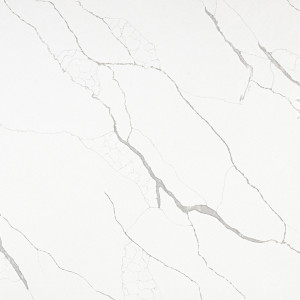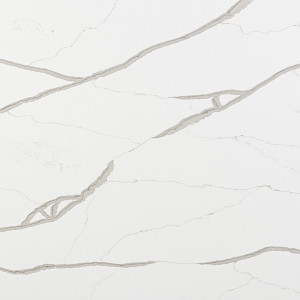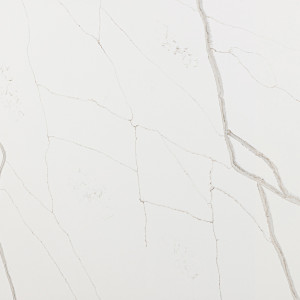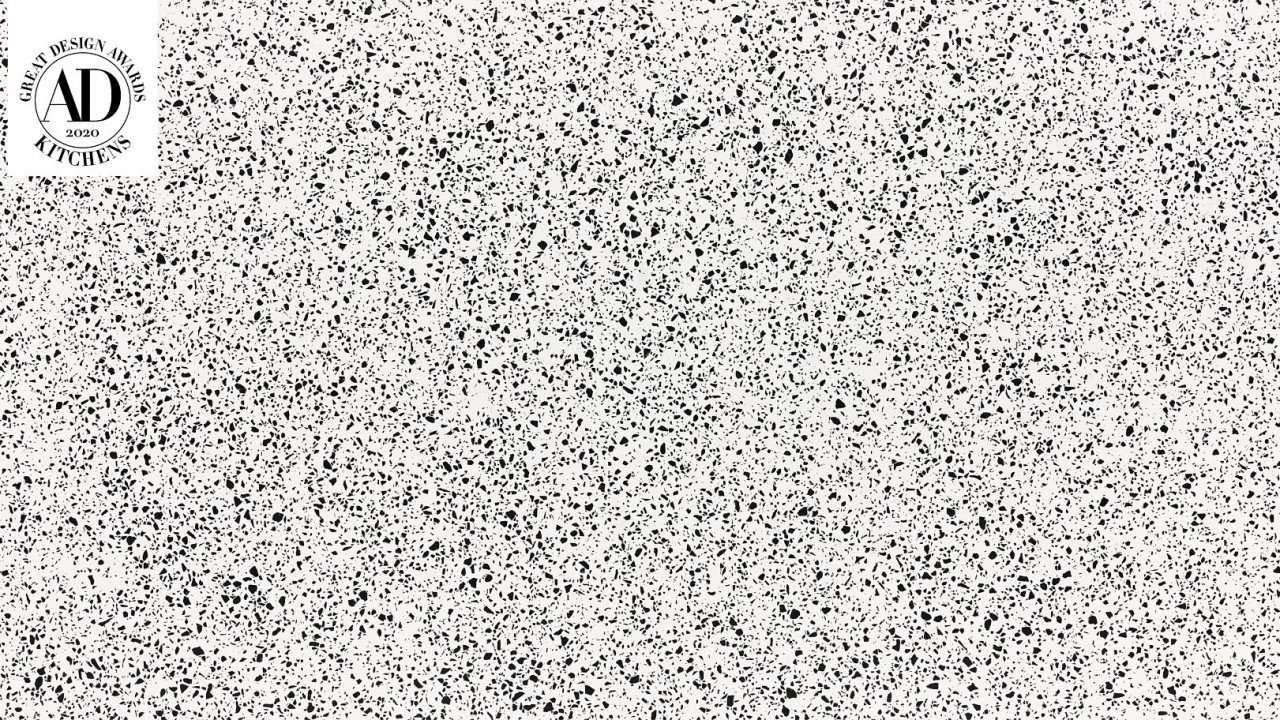
Vail Village Quartz
The Vail Village is a quartz surface with a piebald pattern of specks. The Vail Village is reminiscent of the black specks that replicate the appeal of the winter season in the Rocky Mountain. Vail Village also retains a momentum of peculiar shapes that one could consider the stone for idealistic purposes that imitate a Jackson Pollock style of art.
While there are tons of interior spaces that homeowners can choose to include in their home, the Vail Village is inclusive in so many environments. It has a blend of soft textures from the black flecking and a dramatic precision from the shapes that create a depiction that represents a multifaceted personality. Adaptable for any occasion or function, the Vail Village is considered to be one of the most suitable stones for sceneries that involve multiple dimensions. While homeowners can use a familiar design style, the Vail Village can either be integrated into the concepts you’ve had previously, or become a component that works with something new. Like a dance amongst charcoal in a pool of white, the Vail Village is considered to be a raw unobstructed stone with a balance between stability and imbalance, making it perfect for those that want the best of both worlds.
Material Type: Quartz
Country of origin: Other
Colors: White, Black
- 1. Do quartz countertops need to be sealed?
- Quartz is a non-porous material and therefore it does not need to be sealed.
- 2. Is quartz heat resistant?
- While quartz countertops can withstand some heat, it is always recommended to use trivets when placing hot objects on quartz countertops.
- 3. Can I cut on a quartz countertop?
- Quartz is scratch resistant, however it is always recommended to use a cutting board when cutting on the countertops.
- 4. Is quartz stain resistant?
- Yes, unlike natural stone, quartz is resistant to most common types of stains.
- 5. Where can I install quartz?
- Quartz can be installed on most surfaces around the home, including kitchen countertops, backsplashes, vanity tops and more.
- 1. Do you provide free samples? How many samples can I take?
- At marble.com samples are free, and we encourage our clients to take up to ten samples per visit.
- 2. What materials can I find at your facilities?
- All Marble.com facilities carry slabs of granite, quartz, quartzite, marble, soapstone, slate, limestone, and travertine. Our Ridgefield Park yard has the largest selection, also offering slabs of gemstone, porcelain, and glass.
- 3. Why should I see a slab in person?
- Since every slab of natural stone is completely unique, we recommend visiting one of our facilities to see slab patterns and variations in person.
- 4. Where does your material come from?
- At marble.com we source our stone only from the most reputable quarries from around the globe, including those from Italy, Spain, Brazil, and India.
- 5. Why is some stone more expensive than others?
- Stone slabs that are extremely rare and boast unique colors tend to be more expensive than commonly found stone.
- 6. Do I have to seal natural stone?
- We do recommend sealing natural stone countertops periodically, the frequency of sealing the stone depends on the material.
- 7. What is a honed finish?
- A honed stone finish refers to the smooth, matte surface of the material, which creates a visibly lighter and softer tone. While honed finish might be an ideal design choice for some homeowners, it also makes the stone more susceptible to staining and etching.
- 8. Can a chip on my countertop be repaired?
- Most chips, smaller than a dime in diameter, can be repaired by the homeowner using a chip repair kit. We do recommend professional service care for larger chips.
- 9. Can I install my own countertops?
- We recommend professional installation, completed by our trained technicians for all major projects, however some smaller pieces may be installed by the customers.




 Facebook
Facebook
 Twitter
Twitter
 E-mail
E-mail
 LinkedIn
LinkedIn
 Pinterest
Pinterest


